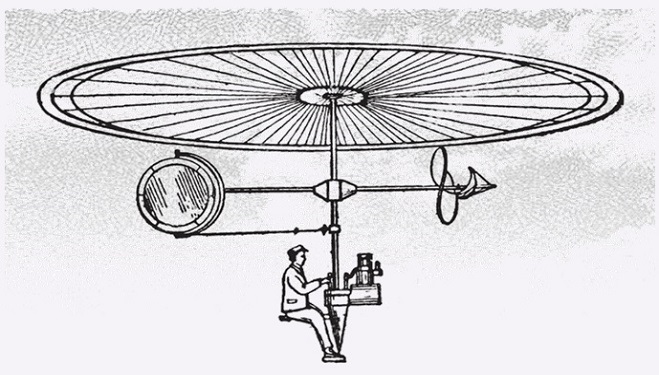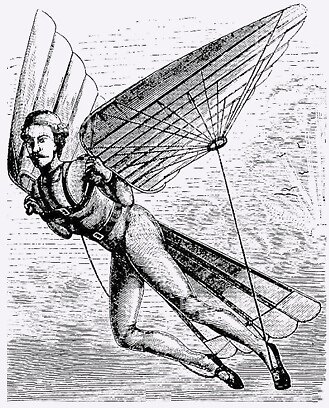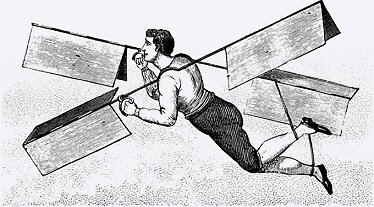One man at a time
How come almost all my clients are men? I’m not sure, and that’s OK, it’s not a problem, I enjoy working with men. But when someone hears this and asks me about what happens in ‘man-to-man’ therapy, I find it hard to say. One reason is this: men are not men. I mean, who exactly are we talking about when we say ‘men’? I’m a man, so don’t call me ‘men’. Am I a definable or categorisable man, a so-called type? Have you ever called someone a ‘typical man’? I suppose we all think we know a few.

I woke up one morning recently and realised I’d been studying men, in one way or another, all my conscious life. Let’s say my father’s physical and emotional distance had something to do with that keen interest. But more significantly I grew up in the 1960s as the conventional roles of women and men were being radically questioned and debunked, and I was confused about what kind of man I would or could become.
Every man studies men, one way or another. With fear and desire, with wonder and bewilderment, men watch each other very closely indeed.
Here’s the thing: I’ve done counselling and therapy with hundreds of men of all ages in the last 25 years or so; I’ve read dozens of books about men and masculinities; I’ve been a member of men’s groups and led several groups myself and run courses and workshops for and about men; I’ve had journal articles published on ‘The Bloke in Therapy’ and ‘Men at Midlife’ and so on – and the fact is I don’t think there is a grand narrative or a universal story to tell about the amazing creatures we call men. There are many kinds of men and there are no kinds of men. And yet all the while we go around telling stories about ‘men’. We keep trying to figure them out.

Men are as queer as anything. Of course they are! We find manifold examples in all cultures in all eras. Men love men in all kinds of ways. Men like to play with gender styles and sexual roles, from boyhood onwards. Portraying manliness is always a type of experiment because we’re not completely sure what a man is. Games of disguise and revelation that subvert traditions of maleness and femaleness are fascinating to men. And – most importantly – men are as straight as anything too. Absolutely straight, conventional and unquestioning. Of course they are!
We’re full of feeling, us men, even when we’re full of crap, and that’s a hell of a feeling.
I’ve met a lot of men who turn away from exploring what it means to be a man. I get on fine with them in therapy, though I’m baffled by their incuriosity. Contemporary ideas about so-called ‘toxic masculinity’, for example, mean almost nothing to them. For this blandly self-assured man, any enquiry into how he derived his ‘performance’ of masculinity is of little or no interest — which makes even him even more interesting to me.

Perhaps we simply want to be free to be who we are. But what’s the context for that freedom? If the society I live in tolerates only narrow, exclusive definitions of masculinity, then although I’m certain about what is masculine I am restricted as a man. If my society accepts wide, multiple definitions of masculinity, then I’m uncertain about what is masculine and I am liberated as a man.
If there’s one thing I can say about ‘man-to-man’ therapy that could apply to almost all my work with men, it would be about how a man reveals his emotional wounds to another man without being pitied, judged or dishonoured. It’s part of what’s called, simply enough, ‘men’s work’. Not everyone understands the healing effect of this. But if you’ve done it, you get it.
Men’s muscle power, physical skill and sheer hard graft make all our lives possible. At the same time we know all kinds of men feel deep emotional pain. What happens to men’s misery and grief? Many seem to suffer alone in armoured silence. I see this in therapy. Men come in and at some point the way we talk and relate helps them to take off the armour and speak of its terrible origin. I’ve done that in my own therapy of course. When men accept they are grievously wounded, and trust themselves to tell the whole shameful story, then they can embrace that wound and take good care of it and manfully so. The mythologist Michael Meade says the way to guarantee that a man will continue to wound others is to keep him ignorant of his own wounds. A man who doesn’t know he is wounded can’t see that others are wounded. That’s where so much trouble starts.
